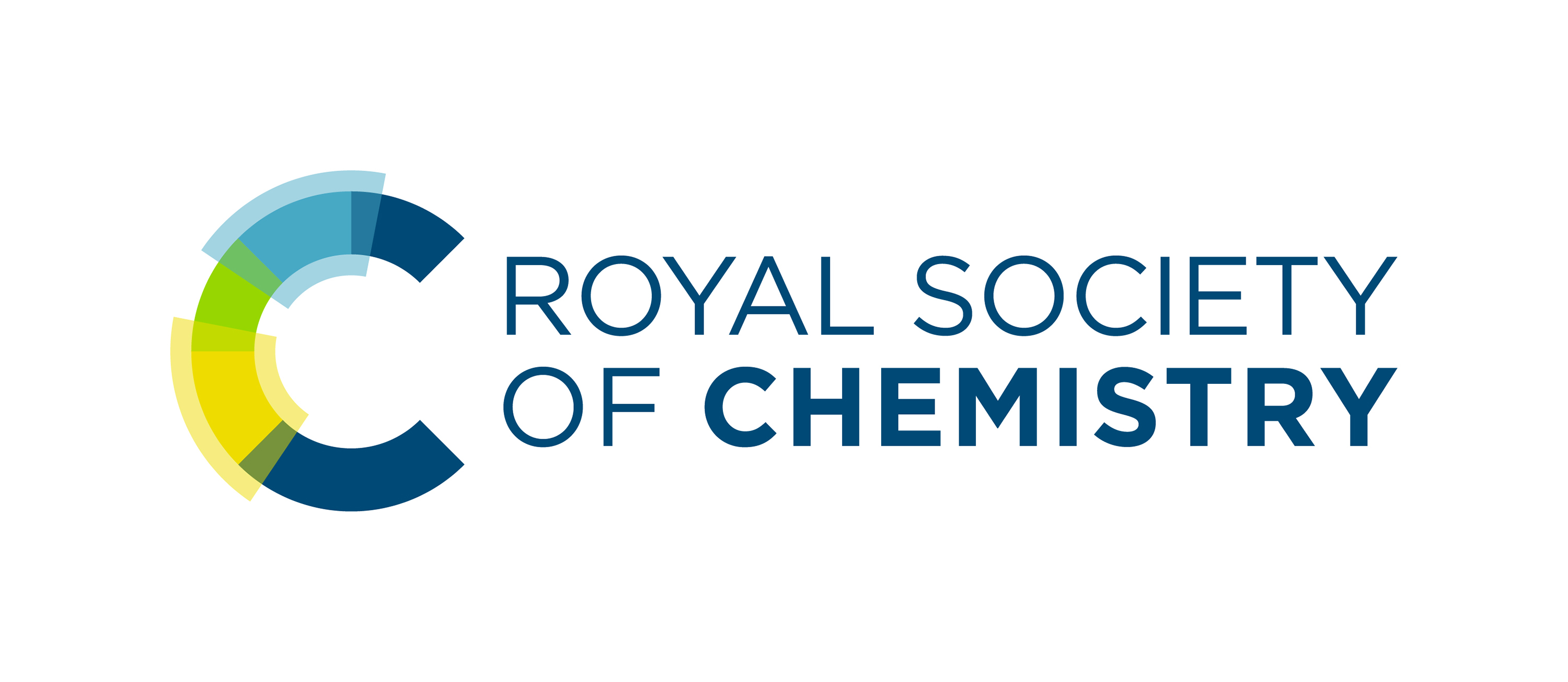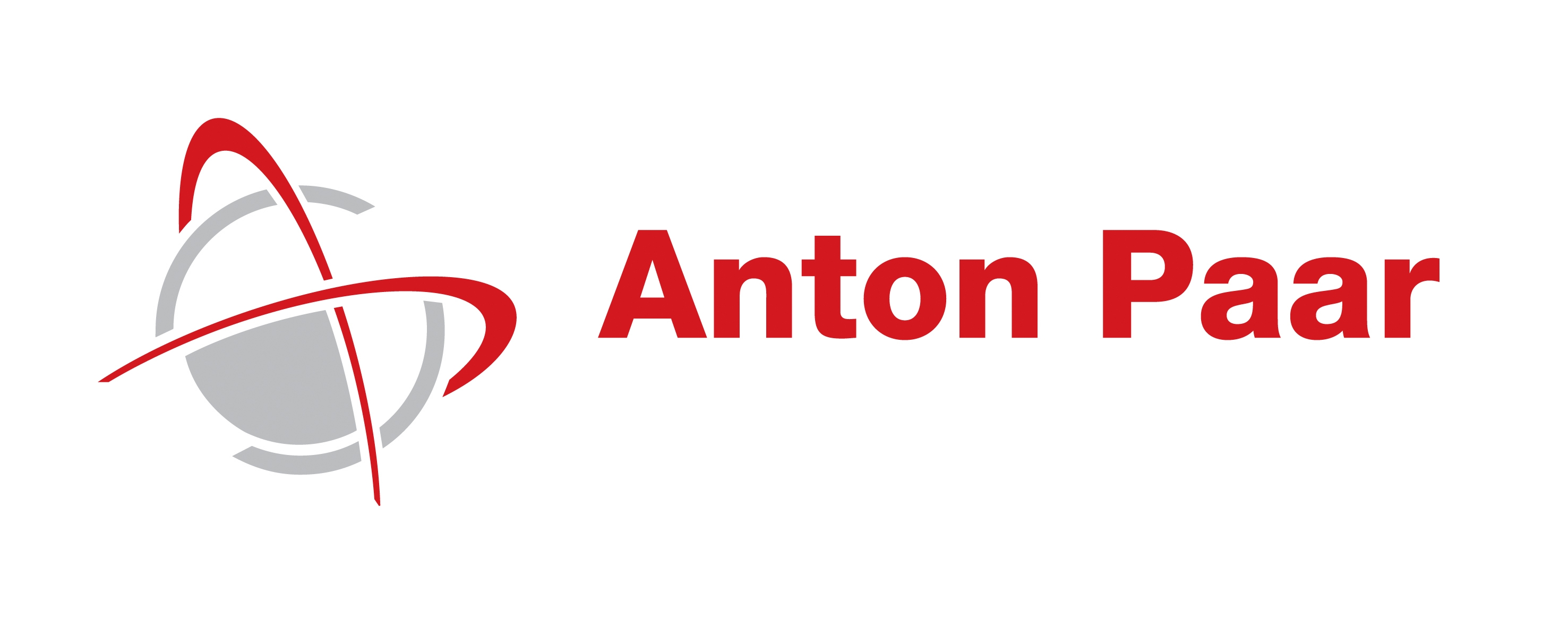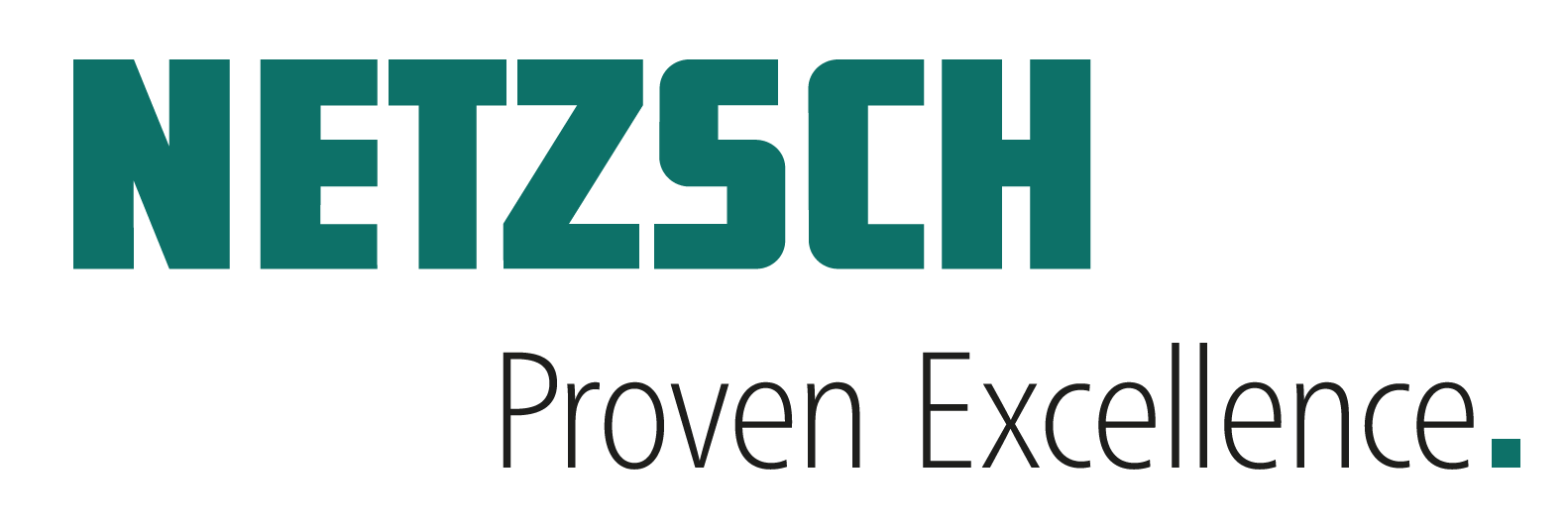25 April 2022
Formulating colloids – innovation and disruption (Graham Award Symposium 2021)
Organised by:
SCI's Colloid & Surface Chemistry Group and RSC's Colloid & Interface Science Group
SCI, London, UK
Synopsis
The Graham Award Symposium 2021 features experts from industry and academia presenting their research on formulation and colloid science, especially focusing on innovation and disruptive science and technologies.
Posters are welcome on any areas related to colloid and formulation science. If you would like to present a poster, please send an abstract of maximum one A4 page or 300 words including schemes and references and indicating title and authors to conferences@soci.org by Wednesday 30 March 2022 with the subject line “Formulating colloids – poster submission”. Please find a template for the abstract here.
Attendees
This event will be of interest to academics, students and industrialists working in the fields of Colloid and/or Formulation Science.
Speakers

Prof Alex Routh
Cambridge University
Alex Routh is Professor of Colloid Science at the Department of Chemical Engineering and Biotechnology, Cambridge. He holds a joint appointment at the BP Institute for Multiphase Flow, a multidisciplinary research center spanning five physical science departments within the University. Alex holds undergraduate and masters’ degrees from Cambridge and a PhD from Princeton University. After postdoctoral work in Bristol he returned to Cambridge in 2006 as lecturer, becoming professor in 2017. Alex’s research covers encapsulation, lubrication, neutron scattering and reflectivity as well as drying of dispersions.

Dr Andrew Howe
Adqot Ltd
Andrew Howe, a chemist by training, is a Technology Leader at Aqdot Ltd, a company developing and exploiting novel supramolecular chemistry via cucurbit[n]urils (CBs), initially for odour management (cross-sector) and pharmaceutical applications. Andrew works across business, formulation and manufacturing activities within Aqdot and is involved in academic partnerships using CBs to inactivate viruses and allergens as well as using CB[8] in novel hydrogels and for RNA-based delivery systems.
Previously, Andrew was a researcher at Kodak European Research and at Schlumberger Cambridge Research Centre, applying soft matter science in formulation for performance and manufacturability. Andrew has been a visiting researcher in the University of Cambridge and is a member of the International Advisory Board of the Polish Academy of Sciences Jerzy Haber Institute of Catalysis and Surface Chemistry, Krakow.
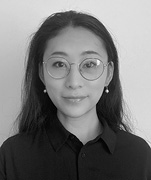
Dr Jun Dong
Bayer AG
Jun Dong received her Ph.D. in Soft Matter Physics focusing on colloid-polymer mixtures and droplet microfluidics from the University of Bristol in 2019. She then moved to Germany, working on agrichemical formulation research and development, especially on small volume applications as a postdoctoral researcher at Bayer AG. She then transitioned to a new position within Bayer AG as Formulation Technology Expert, supporting topics related to colloids chemistry during formulation development processes for both agricultural and health care applications.

Dr Malcolm Faers
Bayer
Malcolm Faers is a formulation scientist and Senior Science Fellow at Bayer AG. He studied chemistry at the University of Sheffield and then colloid science at Imperial College for his PhD. His research interests include the application of colloid science to flowable formulation design and innovation, enhanced biodelivery of active ingredients, rheology, stability of suspensions and ageing in arrested particle gels. He is currently chair of the SCI Formulation Forum and a past chair of the SCI Colloid Group, has co-organised many scientific events and is a Fellow of the RSC.

Dr Paul Evans
Manchester Business School
Paul joined the faculty of Manchester Business School as a lecturer in 2012. Since then, he has taught on a variety of programmes within the business school at undergraduate and masters level in areas such as leadership, financial and digital innovations, international business strategy and human resource management. He has taught leadership development with a number of organisational clients including BP, the NHS, ICBC, Beijing, The Co-operative Group and The Manchester Airport Group.
Paul’s primary area of research focus is on a practice-based understanding of complex organisational processes, particularly leadership. He is specifically interested in developing a critical view of how leadership is shaped by other dynamics, specifically technology, organisational politics and followers.
Paul’s most recent book ‘Reflexive Leadership in Context’ was published by Routledge in 2021
Prior to joining the Business School, Paul’s was employment as Master and Chief Executive of the Royal Armouries, Director of Human Resources for Blue Sky Resorts, and Regional Operations Director for Rank PLC Holidays Division.
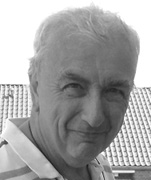
Prof Paul Luckham
Imperial College London
Paul Luckham has been in the Chemical Engineering Department of Imperial College London since 1983, becoming a Professor in Particle Technology and the Kodak Professor of Interface Science since 1997. He has worked in many areas of Colloid and Interface science but perhaps majoring in the rheology of suspensions and direct measurement of interparticle force using both the mica surface forces apparatus and atomic force microscopy. He has graduated approaching 100 PhD students and even more masters students and is pleased to say that Dr Malcolm Faers is one of his former students.
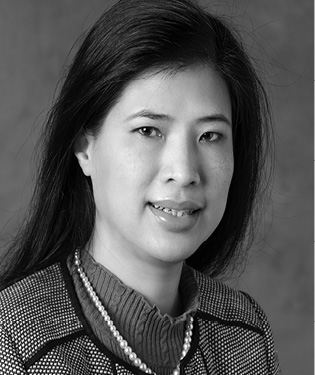
Prof Nguyen T. K. Thanh
Biophysics Group, Department of Physics & Astronomy, University College London
Professor Nguyễn Thị Kim Thanh, FRSC, FInstP, FIMMM FRSB held a prestigious Royal Society University Research Fellowship (2005-2014). She was appointed a Full Professor in Nanomaterials in 2013 at University College London. She leads a very dynamic group conducting cutting edge interdisciplinary and innovative research on the design, and synthesis of magnetic and plasmonic nanomaterials for biomedical applications.
In 2019, she has been honoured for her achievements in the field of nanomaterials, and her impactful project proposal and was awarded highly prestigious Royal Society Rosalind Franklin Medal. Currently, she is Vice Dean for Innovation and Enterprise at Faculty of Maths and Physical Sciences.
She has edited 2 books and filed 3 patents, published ~150 research papers, book chapters, theme issues and proceedings.
Programme
Monday 25 April
- 09:30
- Registration and refreshments
- 10:10
- Welcome and introduction
Dr Fiona Hatton, Loughborough University and Dr Breanndán Ó Conchúir, IBM Research - 10:20
- The evolution of Innovation within the Chemical Industry
Dr Paul Evans, University of Manchester - 10:50
- Innovation in practise – opportunities and challenges arising with the introduction of new supramolecular chemistry
Dr Andrew Howe, Aqdot Ltd - 11:20
- Medical diagnostics from coffee rings
Prof Alex Routh, University of Cambridge - 11:50
- How disruptive magnetic colloids can be in healthcare?
Prof Nguyễn Thị Kim Thanh, University College London - 12:20
- Lunch and posters
- 13:10
- Colloidal Gelation: the Complex Story of the Simple Sticky Sphere
Prof Paddy Royall, ESPCI (Paris) - 13:45
- Catch and release: Using machine learning to measure pair potentials
Prof Paul Bartlett, University of Bristol - 14:20
- An innovative method to measure contact forces in colloidal gels using STED microscopy
Dr Jun Dong, Bayer AG - 14:50
- Refreshment break
- 15:10
- Rapid Screening of formulations for 3D printing pharmaceuticals and biofabrication
Dr Laura Ruiz Cantu, University of Nottingham - 15:40
- Complexities of mixing shear thinning fluids
Prof Paul Luckham, Imperial College - 16:10
- Posters and networking reception
- 16:45
- Graham Lecture: Designing sustainable solutions for the future: the disruptive formulation - application technology interface
Dr Malcolm Faers, Bayer AG - 17:45
- Closing remarks and poster prize
- 18:00
- End
Venue and Contact
SCI
14/15 Belgrave Square
London
SW1X 8PS
Conference Team
Tel: +44 (0)20 7598 1561
Email: conferences@soci.org
Fees
| Before early bird - ends 15 March 2022 SCI Member - £65 Non-member - £90 Student member - £30 |
| After early bird SCI Member - £85 Non-member - £110 Student member - £40 |
There is a £10 reduction on the registration fee if you register for the AI/ML in formulation design – Opportunities and Challenges event in addition to this meeting for SCI members and non-members.
Once you have registered for this event, please email conferences@soci.org for a voucher code.
All registrations will automatically receive a confirmation within 24 hours of registering for the event. Should you not receive written confirmation of your booking, please email conferences@soci.org.
Become an SCI Member and save on this and future events
See Membership OptionsSign up as an Event Member to join this event. SCI Full or Student Members receive discounts on event registrations
Booking Process/Deadlines
Partners
Sponsors
Sponsorship
Please email conferences@soci.org for further information and prices.
Organising Committee
- Dr Fiona Hatton, Loughborough University
- Dr Breanndán Ó Conchúir, IBM Research





